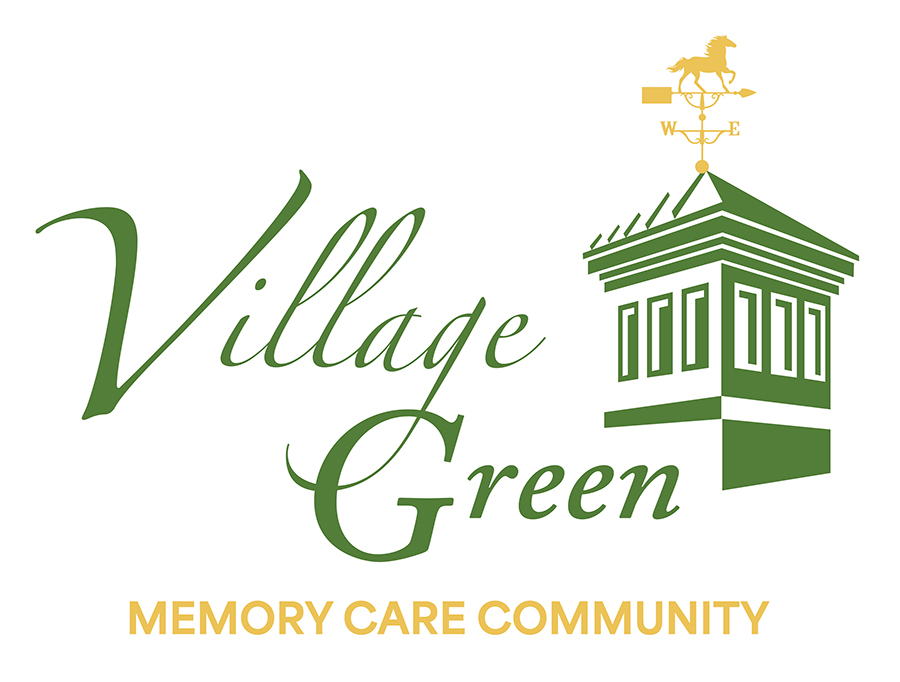As individuals age, maintaining social connections and mental well-being becomes increasingly important. Assisted living facilities play a vital role in supporting seniors' overall quality of life by providing opportunities for socialization and promoting mental well-being. In this blog, we will explore how assisted living facilities create an environment that fosters social interaction, engagement, and mental wellness for their residents.
The Importance of Socialization in Assisted Living Facilities:
Socialization is crucial for seniors as it helps combat feelings of loneliness, isolation, and depression. Assisted living facilities recognize this and prioritize social activities to ensure residents remain connected with others. Group outings, communal dining, and structured events encourage interaction, foster friendships, and create a sense of community.
Engaging Activities and Programs:
Assisted living facilities offer a diverse range of activities and programs tailored to residents' interests and abilities. These activities, such as exercise classes, arts and crafts, book clubs, and game nights, not only provide entertainment but also encourage social engagement. By participating in these activities, residents can form new friendships, discover shared interests, and stay mentally stimulated.
Common Areas and Gathering Spaces:
Assisted living facilities design their spaces to promote socialization. Common areas such as lounges, libraries, and gardens provide residents with inviting spaces to relax and interact with their peers. These areas often feature comfortable seating, board games, and books, creating an environment that encourages social connections and conversations.
Supportive Staff and Caregivers:
The staff and caregivers in assisted living facilities play a significant role in promoting socialization and mental well-being. They are trained to facilitate social activities, encourage participation, and provide emotional support to residents. By fostering a warm and inclusive atmosphere, staff members ensure that residents feel comfortable and encouraged to engage with others.
Volunteer and Intergenerational Programs:
Assisted living facilities often collaborate with community organizations, schools, and volunteer groups to create intergenerational programs. These programs bring younger individuals, such as students or volunteers, to interact with residents, promoting a sense of purpose and connection. Intergenerational activities benefit both seniors and younger participants, fostering mutual learning and appreciation.
Wellness and Mental Health Support:
Assisted living facilities prioritize the mental well-being of their residents. They often offer wellness programs, including meditation sessions, yoga classes, and educational workshops, to support emotional health. Additionally, facilities may have dedicated counselors or therapists who provide individual or group counseling, ensuring residents have access to the mental health support they may need.
Celebrating Holidays and Special Events:
Assisted living facilities create an atmosphere of celebration and festivity by organizing events and activities for holidays, birthdays, and other special occasions. These events not only provide entertainment but also serve as opportunities for residents to come together, share experiences, and create lasting memories.
Conclusion:
Assisted living facilities recognize the importance of socialization and mental well-being in the lives of their residents. By offering engaging activities, fostering a sense of community, and providing support services, these facilities promote social connections and help residents maintain a positive mental outlook. Whether through organized programs, communal spaces, or the dedication of caring staff, assisted living facilities play a vital role in enhancing the overall well-being of seniors in their care.

